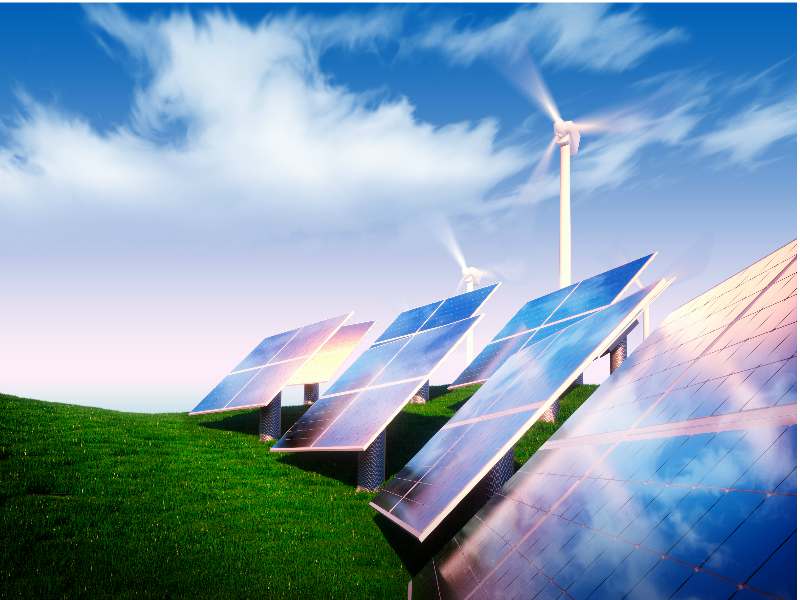
The World Bank’s board of executive directors approved a $22.7 million financing to support Mali’s efforts to promote the deployment of renewable energy in rural areas.
The financing package is composed of a $20 million equivalent credit from the International Development Association (IDA) and a $2.7 million grant from the Japan Policy and Human Resources Development Fund.
This represents an additional financing to the Mali Rural Electrification Hybrid System Project, which was approved by the board in December 2013.
The overall project (original and additional financing) is expected to benefit approximately 760,000 people, which includes the households, businesses, and community service facilities that are connected to the mini-grids, and the consumers that have access to electricity through solar home systems and portable solar lanterns.
“Access to basic infrastructure services is critical for the creation of economic opportunities and the eradication of extreme poverty. By introducing lower-cost renewable energy generation in diesel mini-grids, the project contributes to reducing operating costs. It also addresses the gender gap by strengthening ongoing actions to ensure that women, including female-headed households, are trained, have access to information and can benefit from electricity services and income-generating activities,” said Soukeyna Kane, World Bank country director for Mali.
The IDA credit will consolidate activities of the original project.
The grant will also support the installation of solar home systems in households not living within the vicinity of a mini-grid, the deployment of solar lanterns, and the delivery of communication and awareness-raising campaigns in targeted areas.
It is provided as part of Japan’s technical assistance program to increase the delivery of off-grid electricity and other energy services in rural areas of fragile and conflict-affected states in African Countries.
“By introducing lower-cost financing for renewable energy generation in rural areas, the project contributes to reducing the cost of providing affordable and reliable electricity services, facilitates the expansion of energy access, and strengthens Mali’s rural electrification business model,” said Charles Joseph Cormier, World Bank practice manager for energy and extractives global practice.